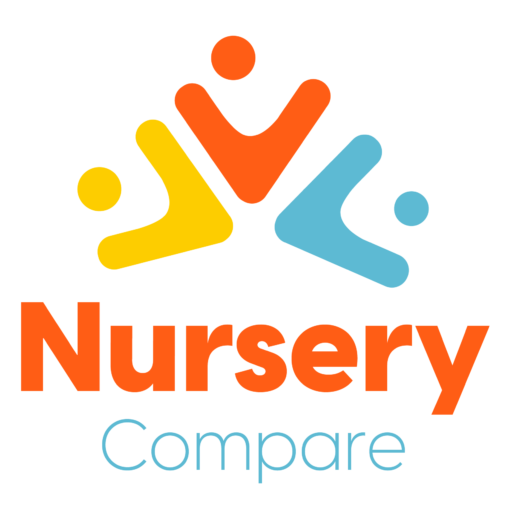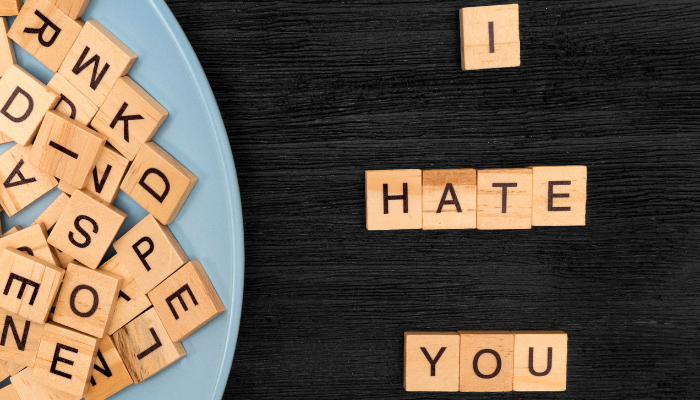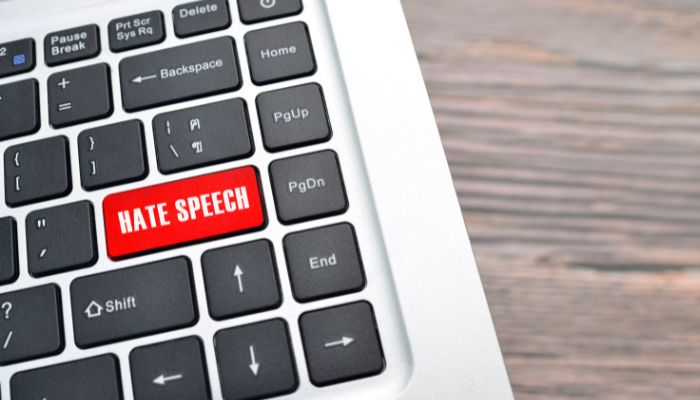
What to Do When Your Child Says “I Hate You”

Hearing your child say, “I hate you,” can be one of the most heart-wrenching moments as a parent. The sting of those words might leave you questioning what went wrong or wondering how to respond. Rest assured, you’re not alone in facing this challenge. Many parents have heard their child say “I hate you” at some point, and while it may be painful, it’s often a normal part of childhood development and emotional expression.
In this article, we’ll explore why children say such things, what it means, and how to handle it constructively. By the end, you’ll have practical strategies to turn these difficult moments into opportunities for connection and growth.
Why Does Your Child Say “I Hate You”?
Children, especially younger ones, often lack the emotional vocabulary to express their feelings effectively. When a child says “I hate you,” they’re usually not trying to hurt you but are instead attempting to communicate intense emotions like frustration, sadness, or anger.
Here are some common reasons behind this statement:
- Emotional Overload: Children may feel overwhelmed by emotions they don’t fully understand. Saying “I hate you” can be their way of releasing pent-up frustration.
- Boundary Testing: When you set limits, like enforcing bedtime or denying extra screen time, your child might react with “I hate you” because they feel powerless or upset.
- Seeking Attention: Sometimes, children use dramatic language to grab your attention when they feel unheard or neglected.
- Mimicking Behavior: Kids are sponges and may mimic phrases they’ve heard elsewhere, even if they don’t fully grasp the meaning.
The Emotional Impact on Parents
Hearing your child say “I hate you” can trigger feelings of hurt, guilt, or even anger. It’s important to acknowledge these emotions and remind yourself that your child’s words, while harsh, don’t define your relationship.
Here’s how to manage your initial reaction:
- Take a Deep Breath: Resist the urge to respond impulsively. A calm demeanor will help de-escalate the situation.
- Remind Yourself It’s Not Personal: Your child’s words are a reflection of their emotions, not a measure of their love for you.
- Practice Self-Compassion: It’s okay to feel hurt. Parenting is challenging, and moments like these are part of the journey.

How to Respond When Your Child Says “I Hate You”
When faced with such a statement, your response can either diffuse the situation or escalate it. Here’s a step-by-step guide to responding effectively:
1. Stay Calm
Children often look to parents for cues on how to handle emotions. By staying calm, you model emotional regulation and show that you can handle their big feelings.
2. Acknowledge Their Emotions
Instead of dismissing or punishing their words, validate their feelings. For example:
- Say: “I see you’re really upset right now. Can you tell me what’s bothering you?”
- Avoid: Responding with anger or sarcasm, as it might intensify their frustration.
3. Set Boundaries
While it’s important to validate emotions, it’s equally crucial to address inappropriate behavior. You can say:
- “It’s okay to feel angry, but it’s not okay to say hurtful things. Let’s talk about how you’re feeling.”
4. Teach Alternative Expressions
Help your child learn healthier ways to express their emotions. Practice phrases like:
- “I’m frustrated because…”
- “I don’t like this because…”
Role-playing these scenarios can help reinforce the habit.
5. Reconnect Afterward
Once emotions have settled, follow up with a loving conversation. Reassure your child that your love is unconditional:
- “I know you didn’t mean what you said. I love you no matter what.”
Practical Strategies for Preventing Future Outbursts
Preventing moments where your child says “I hate you” requires fostering emotional intelligence and a positive parent-child relationship. Here are some proactive steps:

1. Build Emotional Vocabulary
Teach your child to name their feelings. Tools like emotion charts or books about feelings can help.
2. Practice Active Listening
When your child feels heard, they’re less likely to resort to dramatic expressions. Make eye contact, paraphrase their words, and ask open-ended questions.
3. Create Safe Outlets for Emotions
Encourage activities like drawing, journaling, or physical play to release pent-up emotions constructively.
4. Establish Clear Rules
Set expectations for respectful communication. Explain that while it’s okay to feel angry, expressing it should be done respectfully.
5. Model Healthy Coping Mechanisms
Children learn by observing. Show them how you handle frustration calmly and effectively.
When to Seek Professional Help
While occasional outbursts are normal, frequent or extreme expressions of anger might indicate underlying issues. Consider seeking help if:
- Your child’s behavior impacts their relationships or school performance.
- They struggle to manage emotions despite consistent guidance.
- You feel overwhelmed and unsure of how to proceed.
A child psychologist or counselor can provide valuable insights and tailored strategies.
Turning Hurtful Moments Into Learning Opportunities
When your child says “I hate you,” it’s an opportunity to teach empathy, emotional regulation, and the power of words. Use these moments to:
- Strengthen your bond by showing unconditional love and understanding.
- Encourage open dialogue about emotions and conflicts.
- Build resilience in both you and your child.
Final Thoughts
Parenting is a journey filled with ups and downs. When your child says “I hate you,” it can be a deeply emotional experience, but it’s also a chance to nurture their growth and build a stronger connection. By staying calm, validating their emotions, and teaching healthier ways to communicate, you’re equipping your child with tools for life.
Remember, these moments don’t define your parenting or your relationship. Instead, they provide an opportunity to model love, understanding, and resilience. With patience and empathy, you can navigate even the toughest challenges, fostering a relationship built on trust and unconditional support. Ultimately, your child will learn that no matter what they’re feeling, they can always turn to you for comfort and guidance.
Follow our blog page to discover more about parent children relationships!